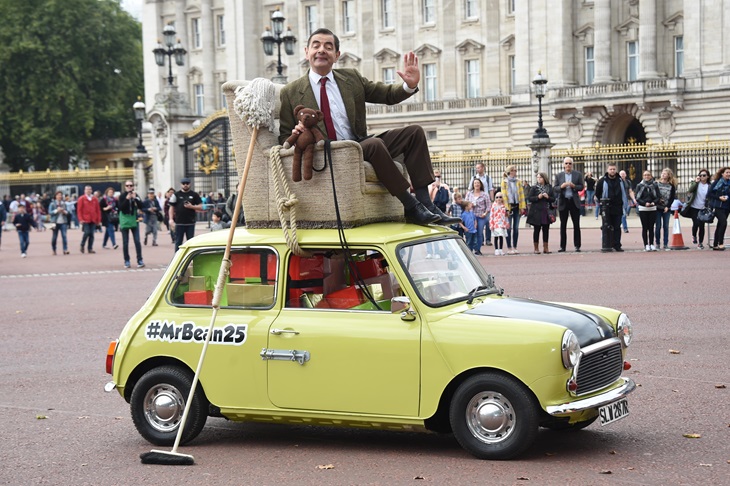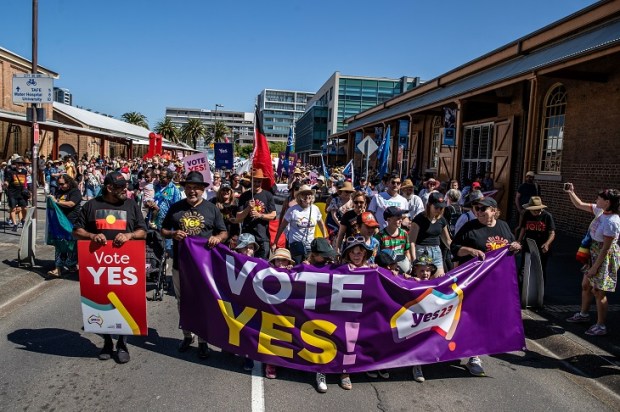Rowan Atkinson is being (bizarrely) accused of hurting EV sales after saying electric vehicles are all show, no substance.
Left-wing activist group, Green Alliance UK, made the claims during a House of Lords Climate and Environment Committee inquiry.
They allege that Atkinson’s June 2, 2023, op-ed published by The Guardian was responsible for slumping sales of the expensive fashion accessories.
Already a subscriber? Log in
Subscribe for just $2 a week
Try a month of The Spectator Australia absolutely free and without commitment. Not only that but – if you choose to continue – you’ll pay just $2 a week for your first year.
- Unlimited access to spectator.com.au and app
- The weekly edition on the Spectator Australia app
- Spectator podcasts and newsletters
- Full access to spectator.co.uk
Or


























Comments
Don't miss out
Join the conversation with other Spectator Australia readers. Subscribe to leave a comment.
SUBSCRIBEAlready a subscriber? Log in